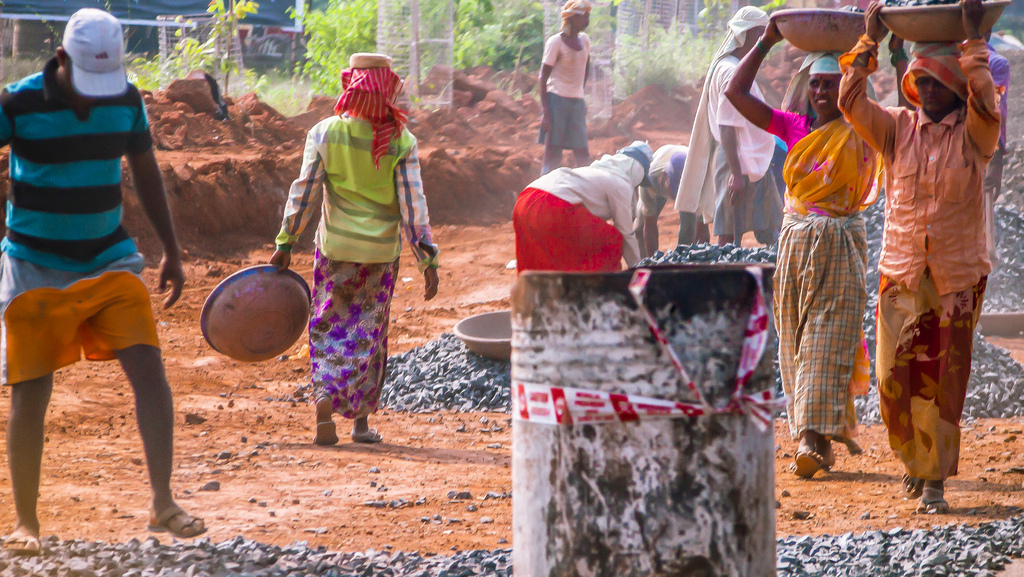Sanitation workers in India do jobs that many of us don’t even think about in life. They deserve adequate protection and compensation.
Stories of sanitation workers losing their lives while cleaning tanks and sewers keep hogging the headlines year upon year but nothing seems to change. Only last week, five manual scavengers who were allegedly put under pressure to go down into the sewers to clean them without protective equipment lost their lives as they were overcome with noxious gases as soon as they entered the sewer tank in an upmarket residential complex in the Capital. Another death followed at a different location but due to the same reasons a couple of days later. And few months ago, a five-star property in Delhi was embroiled in a row when five workers died cleaning due to inhaling toxic gases while cleaning the hotel’s septic tank. Tragically, five more died due to asphyxiation while cleaning septic tanks in Odisha also last week. Similar reports come in from various parts of the country on a depressingly routine basis. The harsh reality is that our cities lack proper sewage system and most urban areas survive on those put in by the British colonial administration while mushrooming housing complexes have huge septic tanks that builders don’t seem to recognise require regular maintenance. At a time when countries all over the world are moving towards mechanisation and automation, it is disgraceful that India lacks modern sewer cleaning technologies. As an aside, it is also shameful that a country which boasts of having the largest swachchta programme in the world has not been able to make the switch from dry latrines to flush toilets 71 years after Independence.
The class bias in mainstreaming discussions about the state of sanitation workers and sewers in our country is apparent as these issues make headlines only when fatalities are reported and then conveniently disappear from the front pages of newspapers. Citizens must share the blame because the lives lost seem to be considered inconsequential by those who live life in better circumstances. It is a horrific reflection on the de-sensitized nature of contemporary society that most people are more concerned about overflowing sewers than the conditions in which those sent down them work. The latest report by the National Commission for Safai Karamcharis (NCSK) revealed that on average one worker dies every five days while cleaning sewers and septic tanks. It is time to begin robustly prosecuting and/or fining municipal bodies as well as contractors who do not ensure workers have even the most basic of protective and safety gear and proper wages/benefits. It is a telling commentary on societal and governmental priorities that till date nobody has been prosecuted for employing manual scavengers.
Writer: Pioneer
Courtesy: The Pioneer








 OpinionExpress.In
OpinionExpress.In















Comments (0)